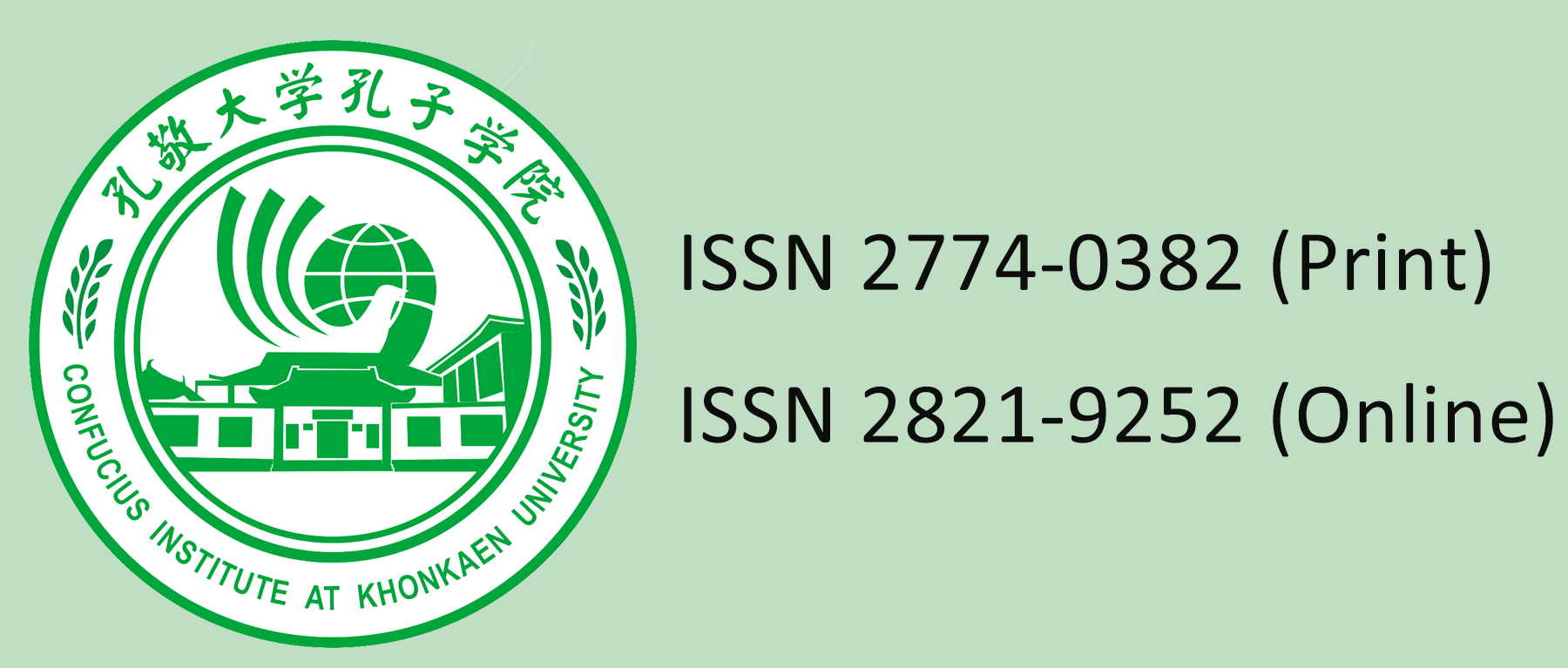The World of Things and Words: Centered on All Mine! Happiness, Ownership, and Naming in Eleventh-Century China by Stephen Owen
Main Article Content
Abstract
All Mine! Happiness, Ownership, and Naming in Eleventh-Century China, written by Stephen Owen, focuses on the interplay of thought, politics, commerce, and literature in the Song dynasty (960-1279). The book weaves a narrative around the story of the stones, connecting it to themes such as life experiences, the physical body, and gathering and scattering in the context of old-style prose writing. It delves into the psychological motivations, including morality, emotions, and the anxiety of ownership, as well as the phenomenon of the objectification of the body. Regarding the aesthetics of ancient prose (guwen), the author draws parallels between Su Shi's (1037-1101) prose style and the discursive style of Zhuangzi (369? -286 BCE), where there is always something more to be said. Additionally, through the metaphor of “complete bamboo in the breast”, the book also examines the issue of immediacy in ancient Chinese poetry and prose, which questions whether the creative process of poets originates from inner contemplation or is derived from the external world. Stephen Owen’s study of old-style prose begins with the concept of things. It leads to the words, highlighting the insights of the Song literati and demonstrating a profound understanding of materialism, daily life, the body, and emotions.


